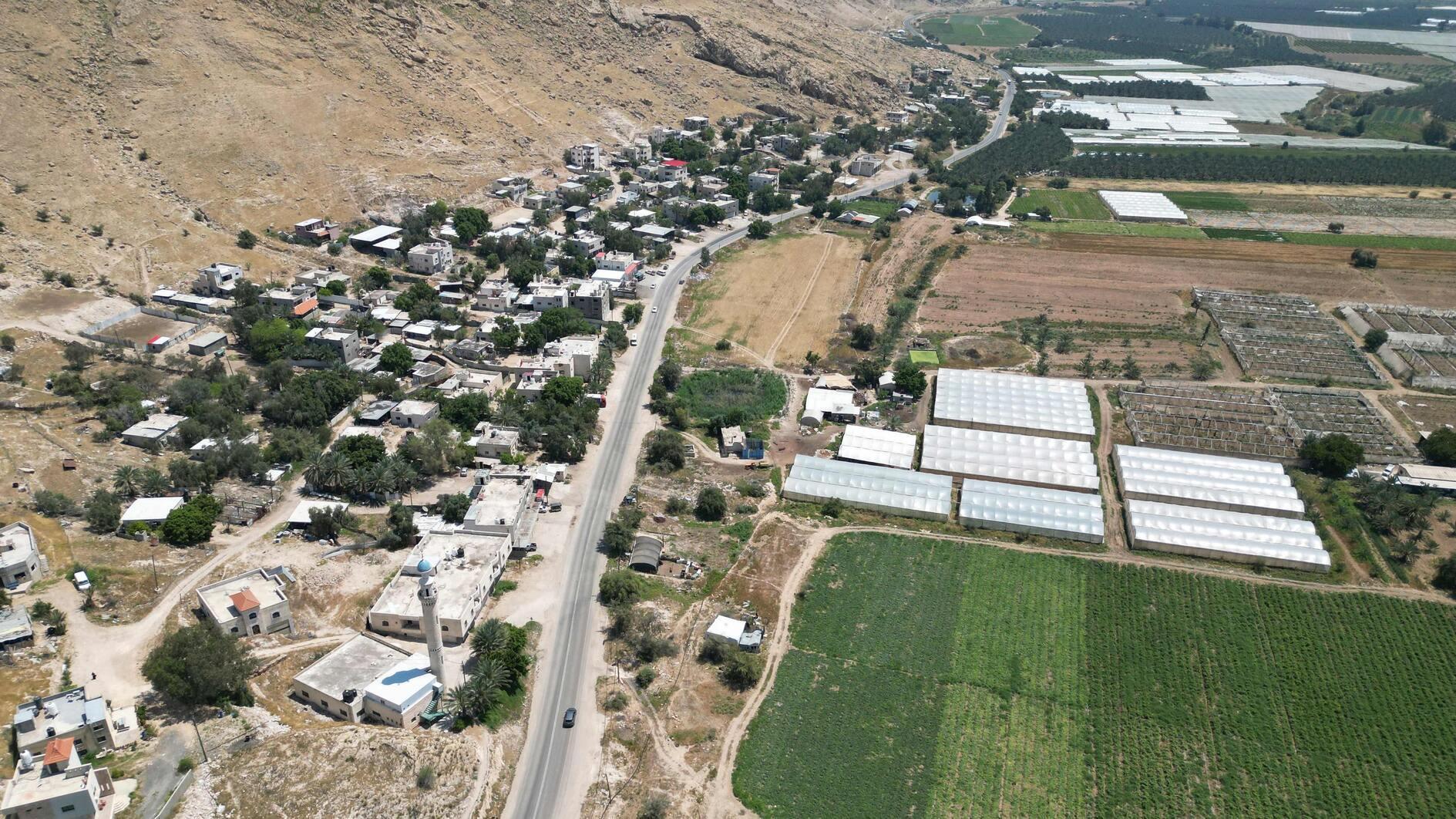The challenges of technology in education
I am a big fan of decentralization. I love the prospect that one day, all our energy production, distribution and usage will be decentralized. I believe that people and communities should govern themselves without the intervention of a central authority who plans everything. But the Turkish Education Ministry is testing my belief in decentralization.
Whenever the ministry decides to invest in a technology, they make the wrong decision.
The most famous failure is the FATİH Project. It was of course the “biggest” of its kind in our region and our president said that after the FATİH Project, Turkey will catch up with the developed world in no time.
In theory it sounded good. And I am sure that the project leaders had all but good intentions and really believed that they could transform our education system, thus, the future of our country.
On their website, the project is explained as follows: “FATİH Project in Education was launched with the purpose of providing equal opportunities in education and improving the technology in schools using information technology to engage more senses in the educational process. The FATİH Project was created with five main principles for success, Accessibility: Offering service anywhere regardless of time and tools, Productivity: Providing target-oriented and more productive environments and subjects for development, Equality (Equal Opportunities): Enabling all users to access the best service, Measurability: Providing accurate measurements of the process and results and providing feedback accordingly for a better assessment of the development, Quality: Enhancing the quality of education in a measurable way.”
However, as I have written at the time the project was initiated, buying good hardware in masses doesn’t mean that the quality of education will change. I asked repeatedly if the educators were educated on new systems, if there was enough content, if there was a strategy for content creation, etc.
In the end, millions were spent but nothing had changed. Education Minister Ziya Selçuk denied claims that billions of dollars were spent.
“There are claims that $30 billion were spent. This is not true, not even $3 billion were spent. The amount of money we spent since the beginning is 3.4 billion liras,” Selçuk had said in a statement he made in 2018.
At any rate, the PISA, an international study to evaluate education systems, performance of classes equipped with FATİH Project’s smart boards and tablets were way lower than those classes who thought in the traditional old ways. It was reported that in most classes, the teachers asked students’ help to work with the hardware.
In the same statement it was possible to see a degree of skepticism about certain parts of the project. The majority of the budget was allocated to smart boards and digital infrastructure. “In other words, providing internet access to the schools,” said Selçuk and added, “the project has also the tablet part, as a person who deals with the science of education, I do not think it is a priority.”
And now, the ministry decided to buy one million Delphi licenses.
Delphi is a good coding language and environment, but it is outdated. By the time the pupils learn the language, no one will be wanting to hire Delphi experts. Why are we investing on a technology that the world is leaving behind?











